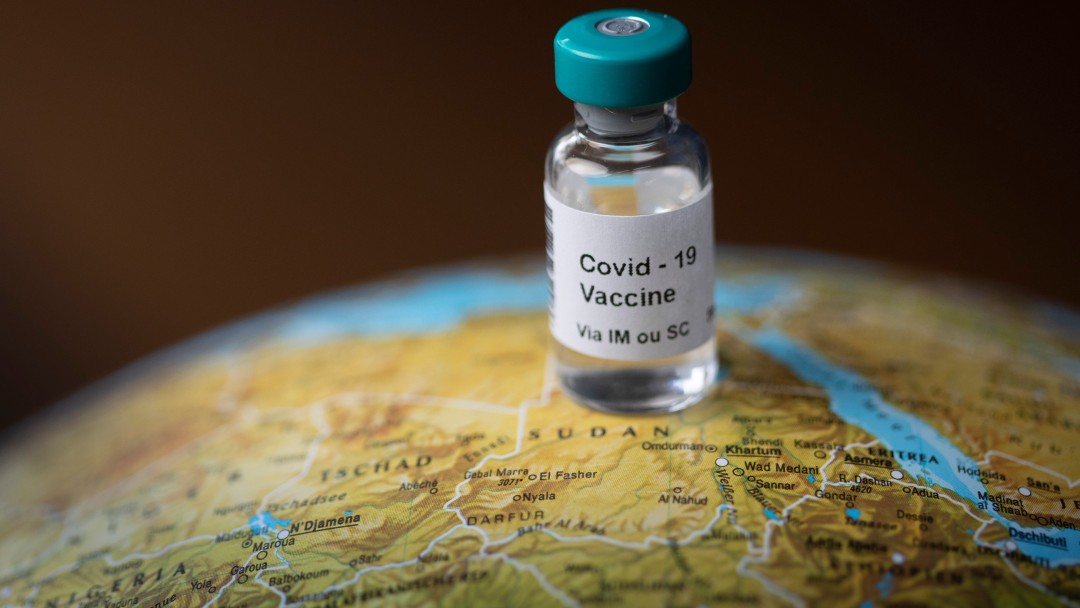News from 2021-11-15 / KfW Development Bank
Indonesia: Supporting the vaccination campaign
KfW grants promotional loan to combat the pandemic

The Indonesian government plans to vaccinate up to 70 percent, or about 180 million inhabitants, against COVID-19. According to estimations, the financial volume required for this purpose is around USD 6 billion. Several donors, including the World Bank, are supporting Indonesia in its response to the pandemic. KfW is contributing up to EUR 200 million on behalf of the German Federal Government. The contract was signed on 12 November.
The Indonesian government is making great efforts to protect the population of the country, which covers more than 7,000 inhabited islands, against COVID-19. At least 60 to 70% of the approximately 270 million inhabitants are to be vaccinated. This requires not only the vaccines, but also the logistics to get them to some of the remote regions.
In a joint effort, the World Bank and the Asian Infrastructure Investment Bank (AIIB) are supporting the vaccination campaign with USD 500 million each, as well as the Australian Department of Foreign Affairs and Trade with USD 10 million. On behalf of the German Federal Ministry for Economic Cooperation and Development, KfW is participating in the co-financing with EUR 200 million. The funds will be used primarily to finance issues related to the logistics of vaccine distribution; vaccines themselves will not be financed.
Support will also be provided for the recruitment of additional health personnel and the maintenance of an uninterrupted cold chain for the proper storage and handling of vaccines. Stakeholder coordination will be promoted, especially the logistics of vaccine distribution and the implementation of communication campaigns to increase acceptance of vaccination. Evidence-based vaccination plans are to be developed, including the prioritisation of population groups. KfW's share also finances monitoring systems to ensure the quality of vaccines and the recording of side effects during vaccination.
The aim of the programme is to increase the Indonesian population's immunity to COVID-19, reduce the number of illnesses and deaths, and relieve the burden on the health system.
Containing the pandemic would allow Indonesia to recover more quickly economically. This is in the particular interest of the approximately 26 million people in the island nation who live below the poverty line.

Share page
To share the content of this page with your network, click on one of the icons below.
Note on data protection: When you share content, your personal data is transferred to the selected network.
Data protection
Alternatively, you can also copy the short link: https://www.kfw-entwicklungsbank.de/s/enzBWrMC.CmPA
Copy link Link copied